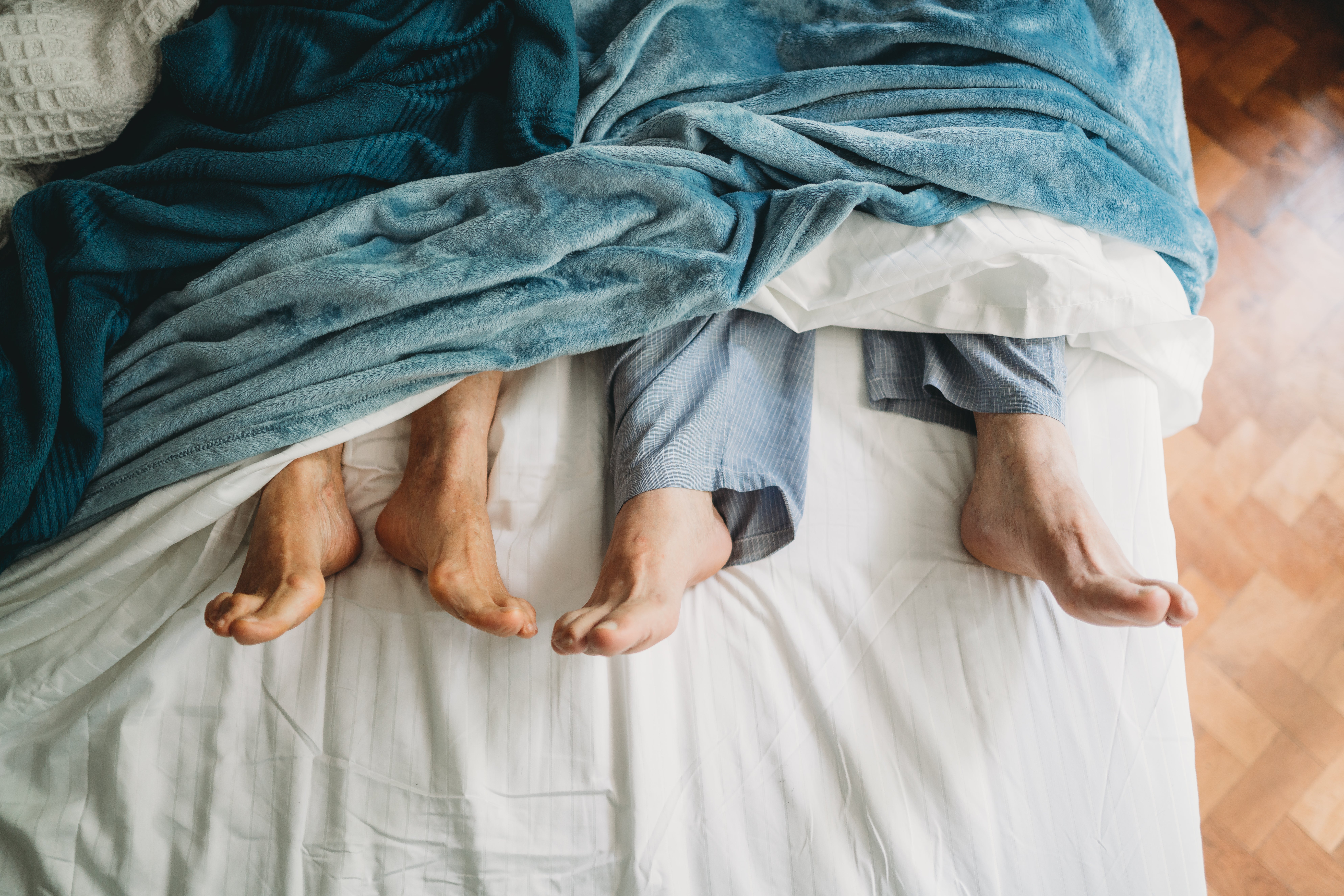Erectile dysfunction: How to recognise when it is a serious problem
Stress, relationship concerns, alcohol, smoking and drugs can all play a factor

[This article was originally published in 2017.]
Erectile dysfunction (ED) is defined as the inability to maintain an erection sufficient for sexual activity. Up to 52 per cent of men between the ages of 40 to 70 will have experienced some ED and it is age related.
However, many young men today are also experiencing erectile problems. Stress, relationship concerns, alcohol, smoking, drugs, a late night or being worried are just some of the cause of erectile difficulties.
How many of you reading this today have experienced a time when an erection doesn’t appear when you expect it to, is less rigid than you would expect, or appeared and then to your horror - disappeared?
What is the erection hardness score?
Pfizer developed the Erection Hardness Score as a self-reporting measure that scores erection hardness on a four-point scale.
The aim of the scale was to help men, their partners and doctors diagnose erectile dysfunction. Essentially one is soft and four is hard. The food analogy can make it easier to imagine.
Grade One (Marshmallow): Penis is larger but not hard.
Grade Two (Peeled banana): Penis is hard but not hard enough for penetration.
Grade Three (Unpeeled banana): Penis is hard enough for penetration but not completely hard.
Grade Four (Cucumber): Penis is completely hard and fully rigid.
Erectile problems can cause immense distress in relationships and to individuals. It’s very easy to panic and to think the worst and question everything. Some men worry that they may have caused some damage to the penis whilst masturbating, partners worry that they are not attractive anymore, the list is endless.
It is important to recognise that every man in their life at some time will have days when an erection may be unpredictable. Many find that a few weeks or days later the problem resolves itself. So it is important to be realistic.
If you are experiencing night time and spontaneous day time erections it is a good sign that the blood flow and the nerve supply to the penis are in good working order.
In the first instance, it is always worth remembering that even though you may have been able to get spontaneous erections without any direct touch to the penis and minimal foreplay, there will come a time when you will need to have more stimulation to become sexually aroused.
Erectile dysfunction can often occur at the same time as urinary symptoms, as well as being an early warning sign of underlying vascular disease and diabetes. So it is particularly important that blood pressure, cholesterol, blood sugars and urinary analysis are all within normal limits. Your doctor may also suggest a genital examination.
Over 50 per cent of men with diabetes will suffer from erection problems at some time. This is related to insufficient blood supply to the penis, peripheral neuropathy, poor glucose control, treated or untreated high blood pressure, low testosterone levels, obesity, and history of smoking.
Diabetic men need to make a real effort to exercise regularly, take control of their diet, lose any excess weight, attend for regular check-ups and keep their glucose levels under control.
There are a variety of treatments now available to treat erectile failure. However, they need to be prescribed by a doctor and not bought online due to safety issues and contraindications.
The Health & Social Care Information Centre (HSCIC) noted that there has been an increase in viagra sales by 25 per cent in the last 12 months.
It's obviously very well known and is sold online, but younger men who are using the drug to enhance their sexual performance, last longer or impress their partners should to be aware that drugs online may be fake and dangerous, and may interfere with other medications and problems, so it's always best to consult your doctor, particularly as the erectile dysfunction could be a symptom of another underlying problem.
The best exercises to help are keeping fit, eating healthily, and pelvic floor exercises - plus foreplay.
The Sexual Advice Association has further advice on the causes and treatments for erectile dysfunction.
Join our commenting forum
Join thought-provoking conversations, follow other Independent readers and see their replies
Comments
Bookmark popover
Removed from bookmarks